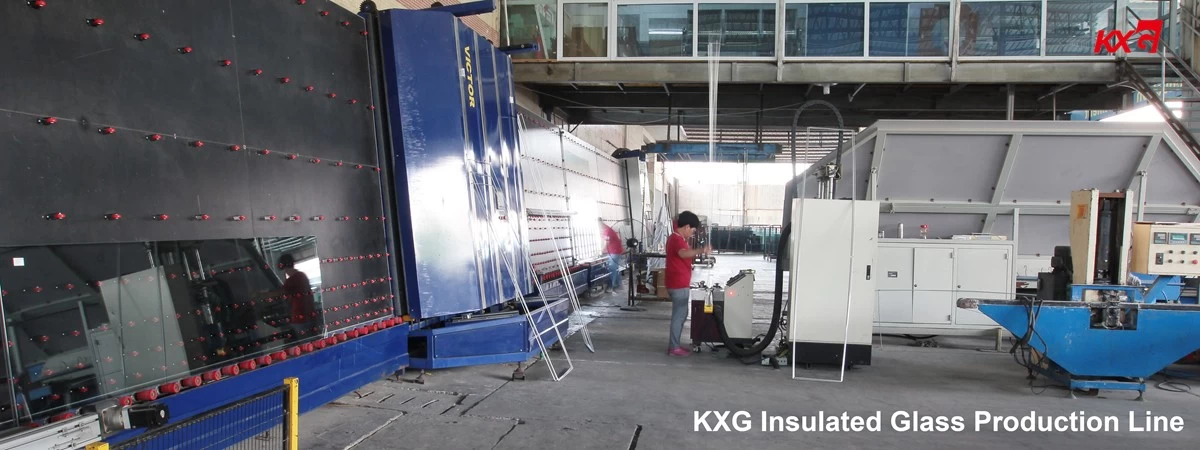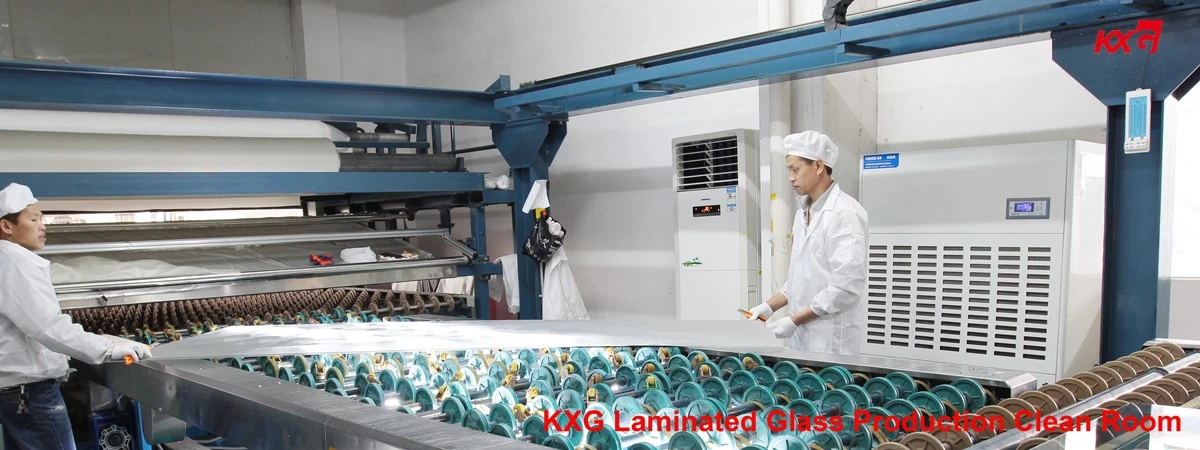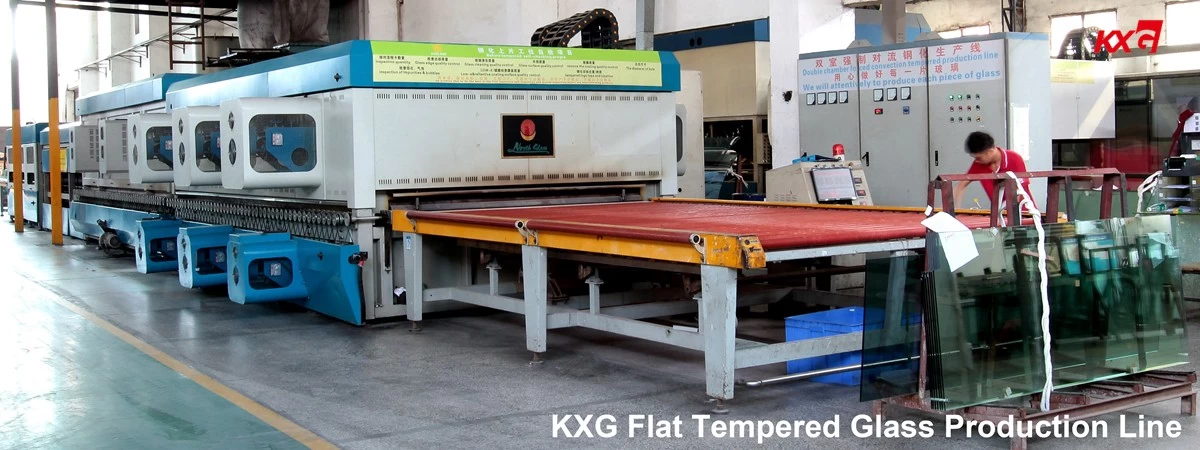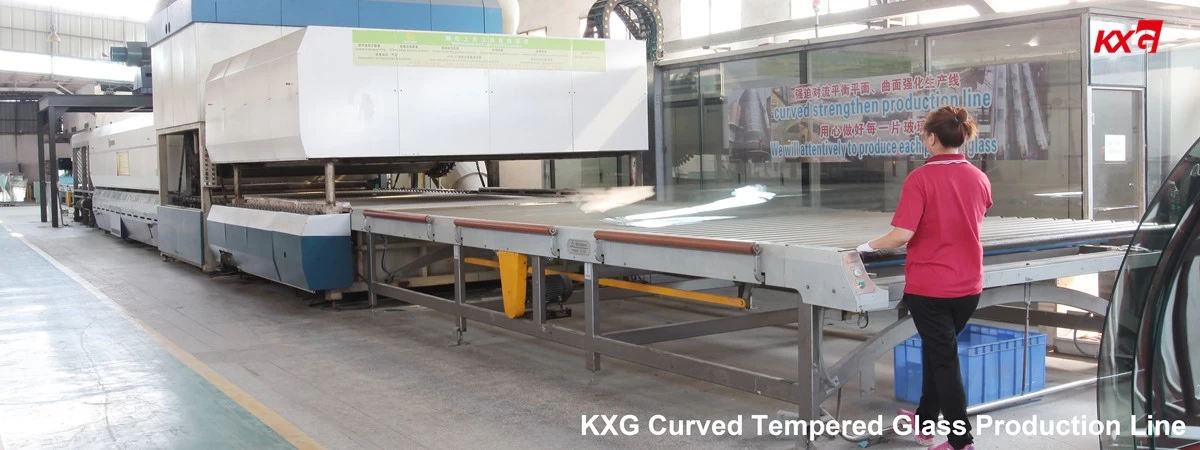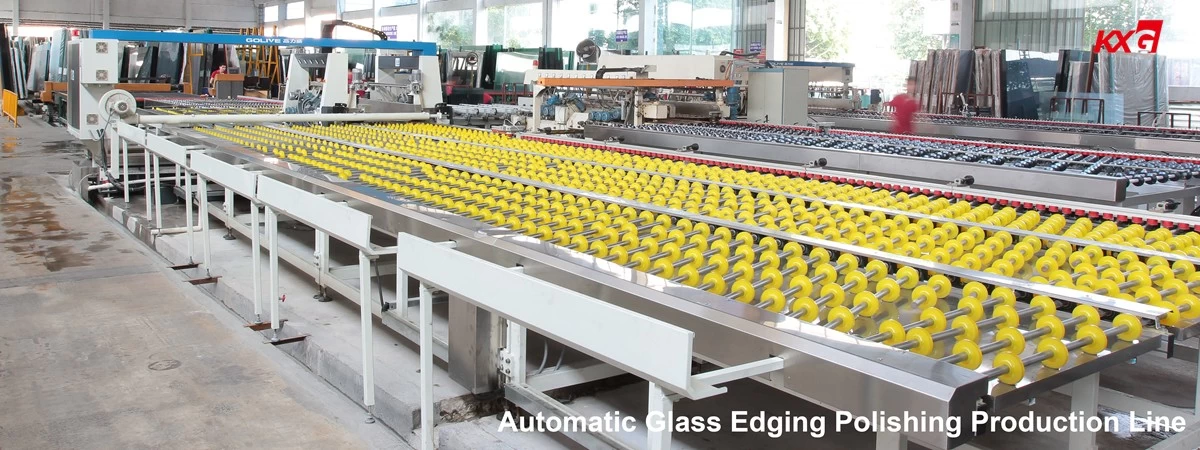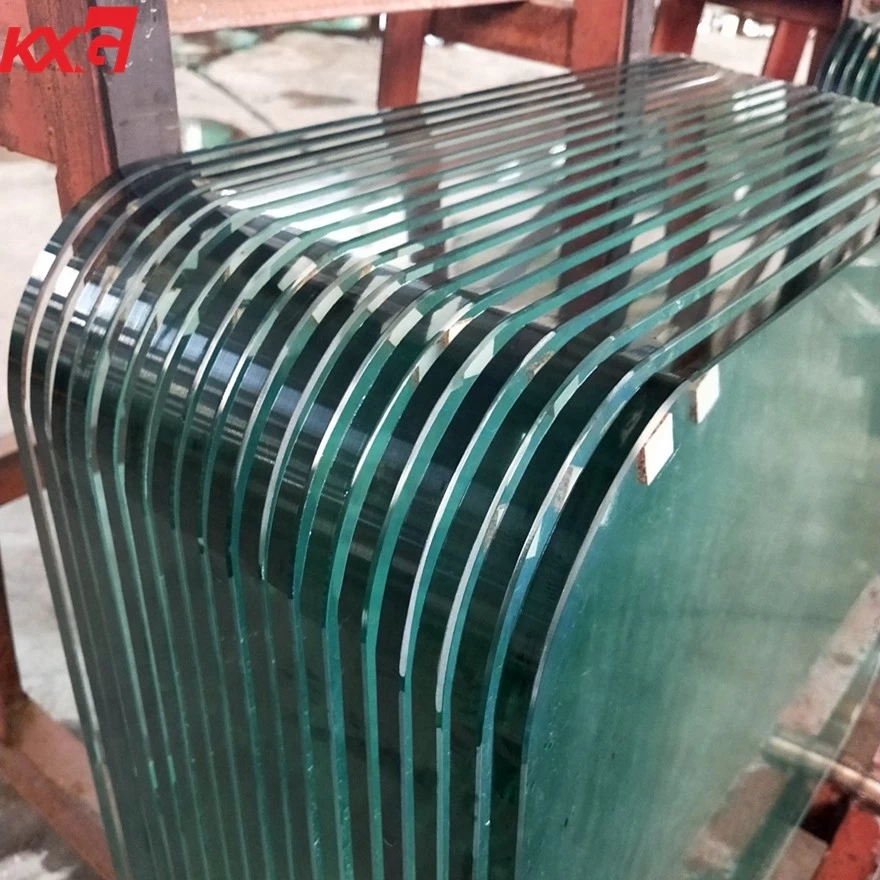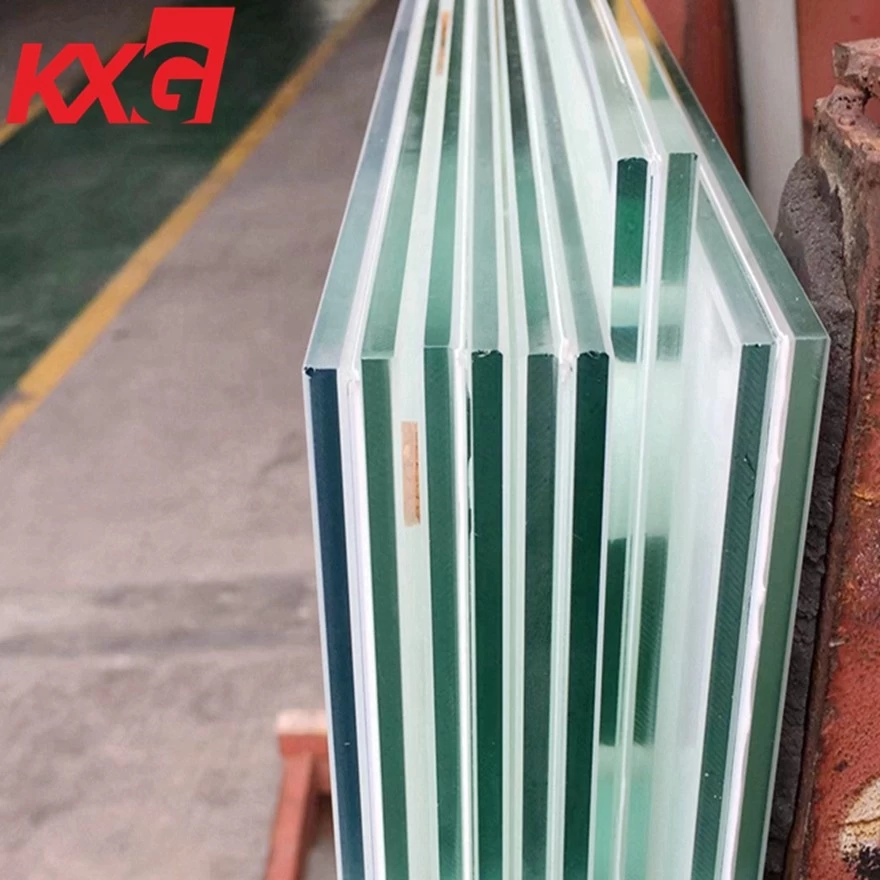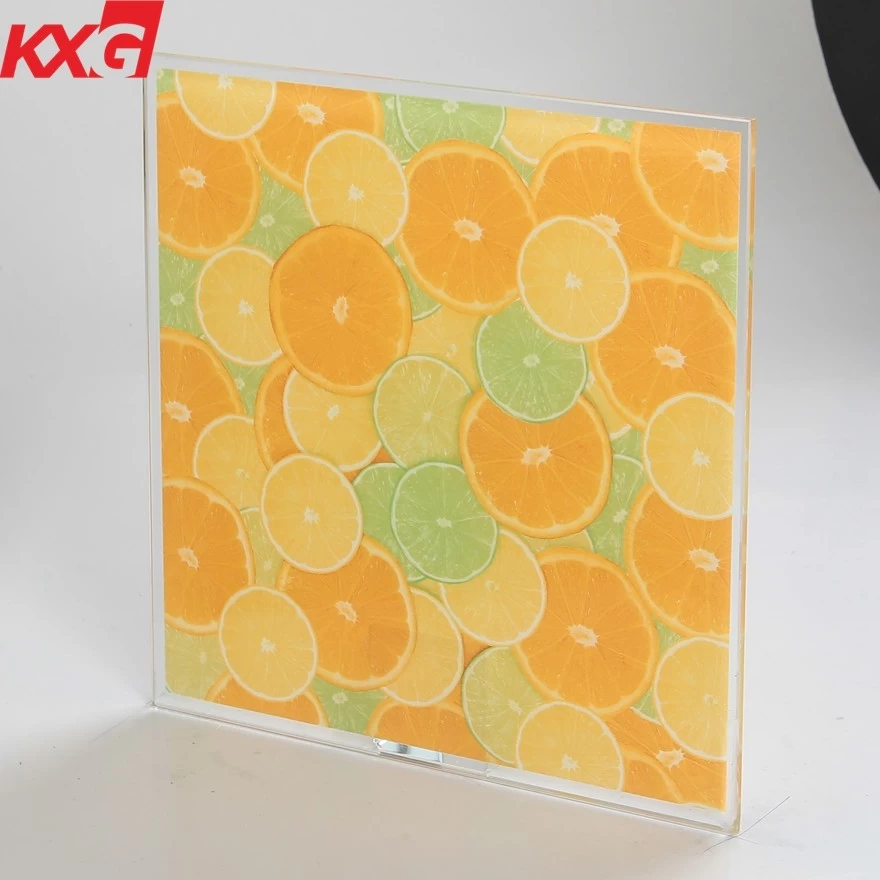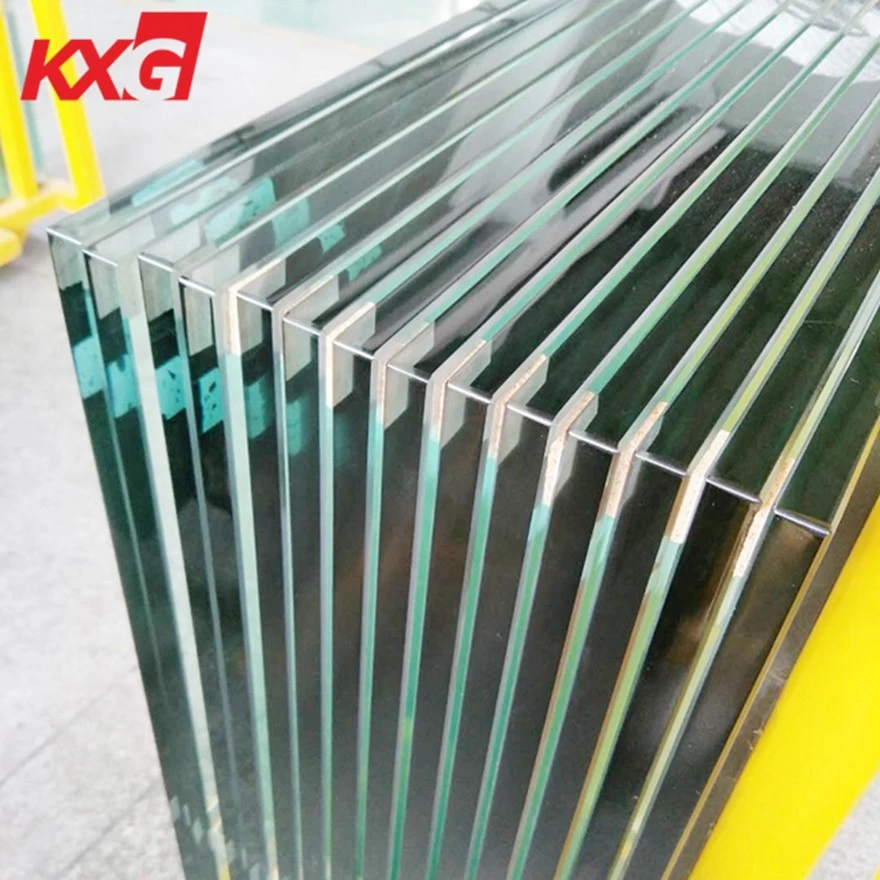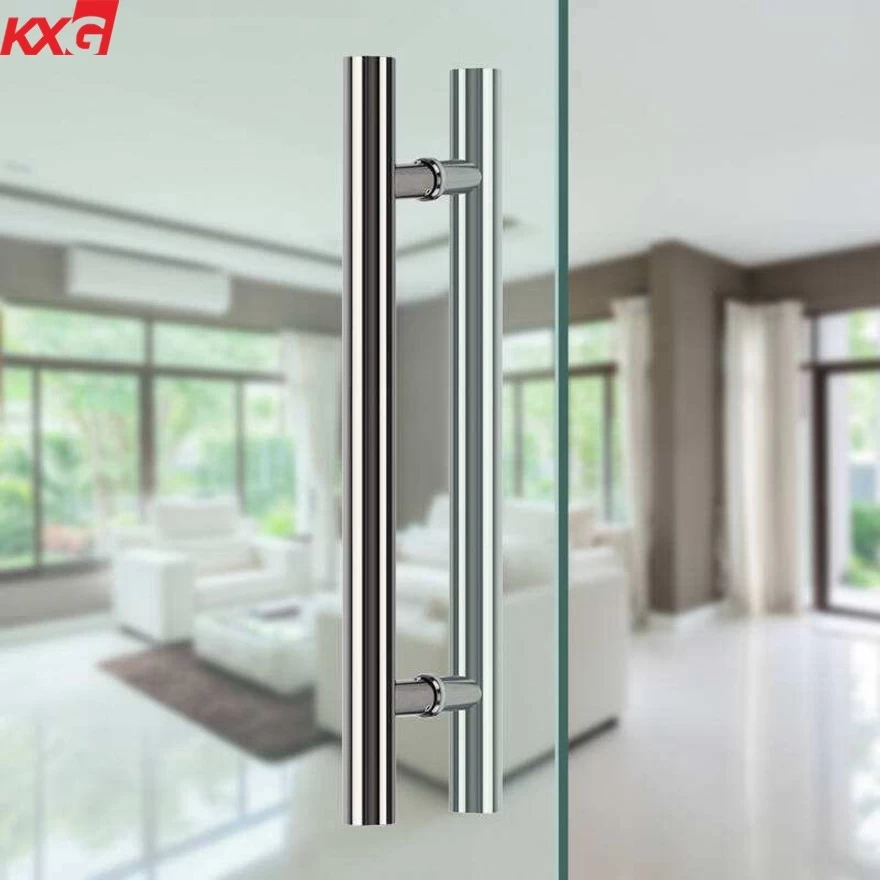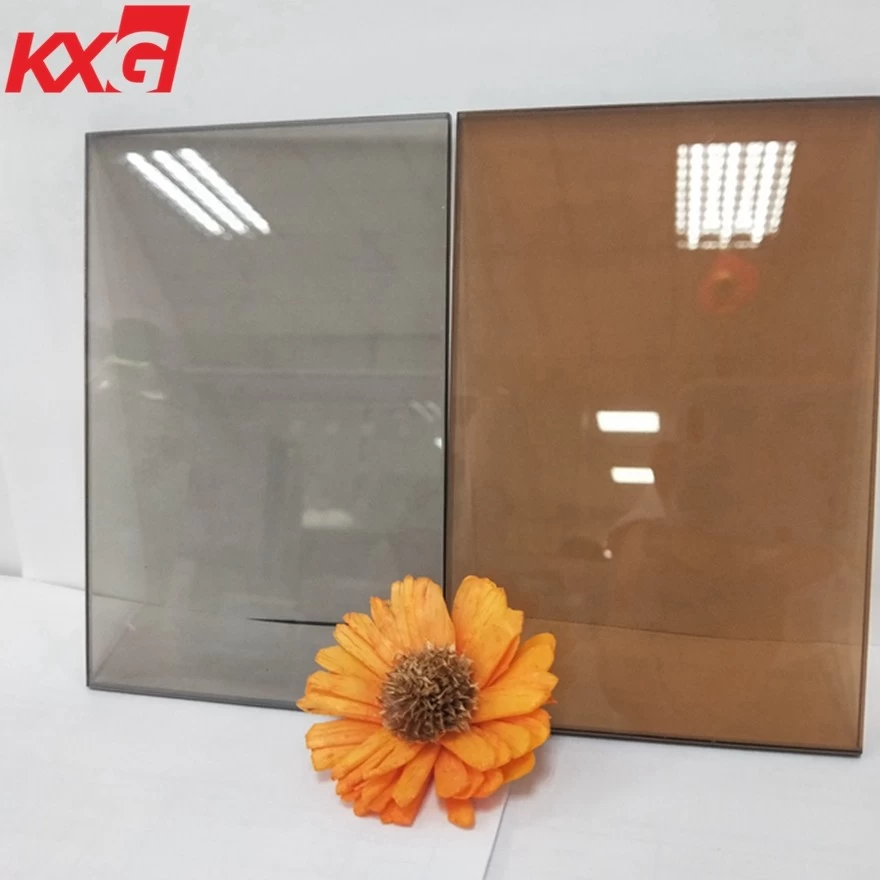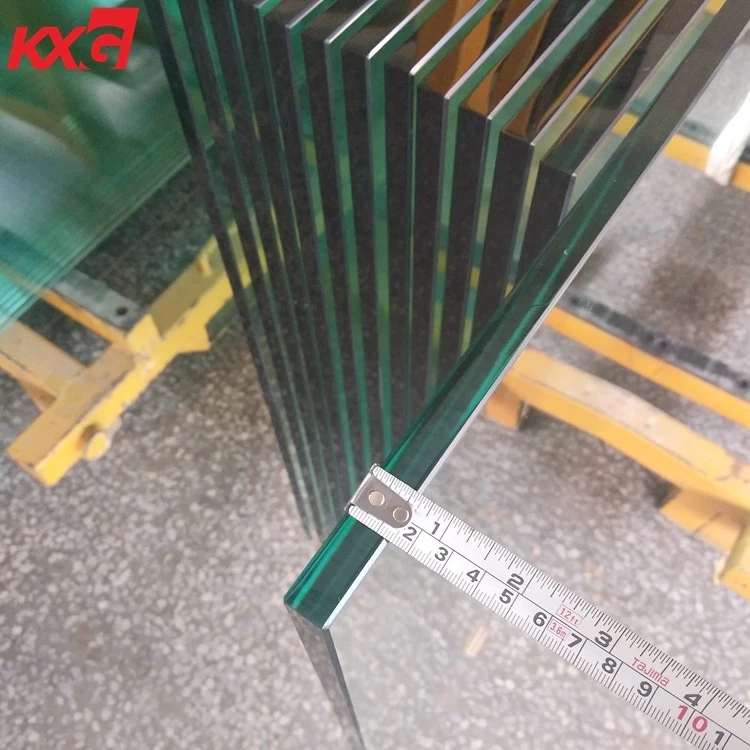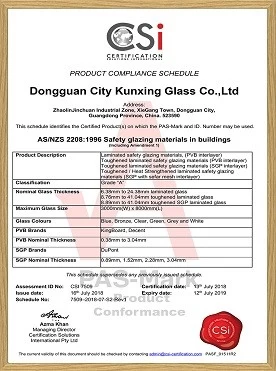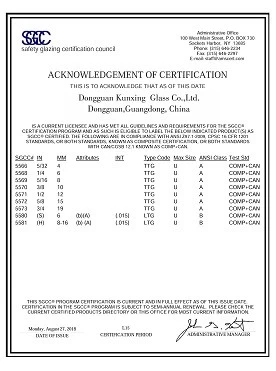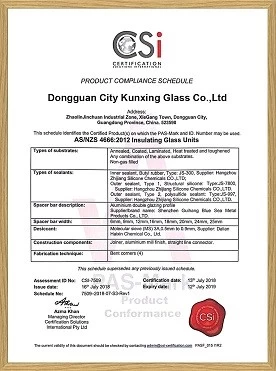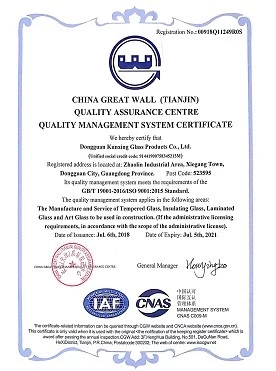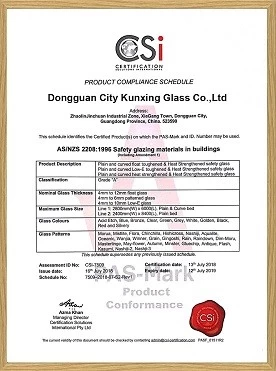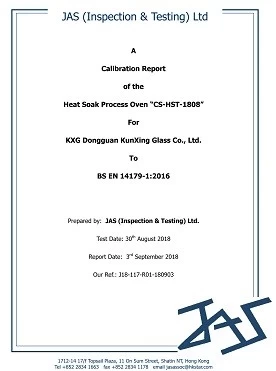Insulating glass failure reasons
As a building energy-saving material,insulating glass is widely used because of its good thermal and sound insulation properties.The biggest quality problem of insulating glass is the condensation of the air layer during use,and the reason for the condensation of the air layer is that the dew point of the air layer increases during use.Therefore,controlling the dew point of insulating glass is the key to controlling the quality of insulating glass.
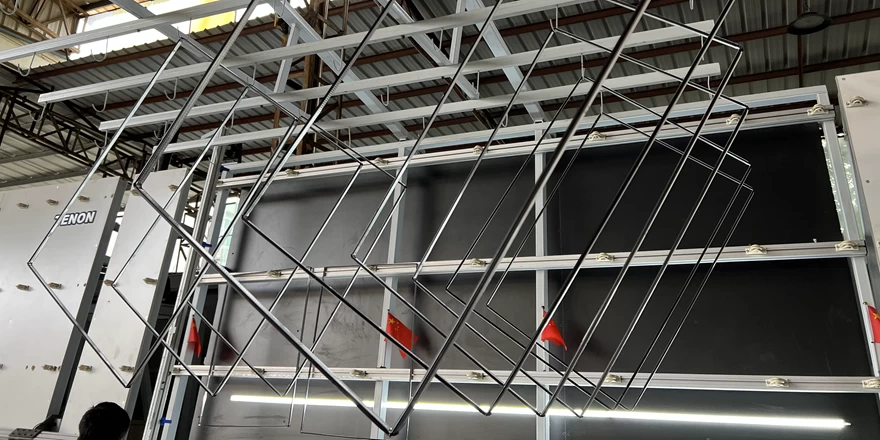
During the use of insulating glass,when the ambient temperature drops to the point where the surface temperature of the glass is lowered to the dew point in the dry air layer,condensation or frost will occur on the surface of the dry air layer.Insulating glass performance is affected by condensation or frost on the inner surface of the glass.If it is ensured that the air layer does not condense at temperatures above minus 40°C,there will be no dew condensation in the air layer during the use of insulating glass.
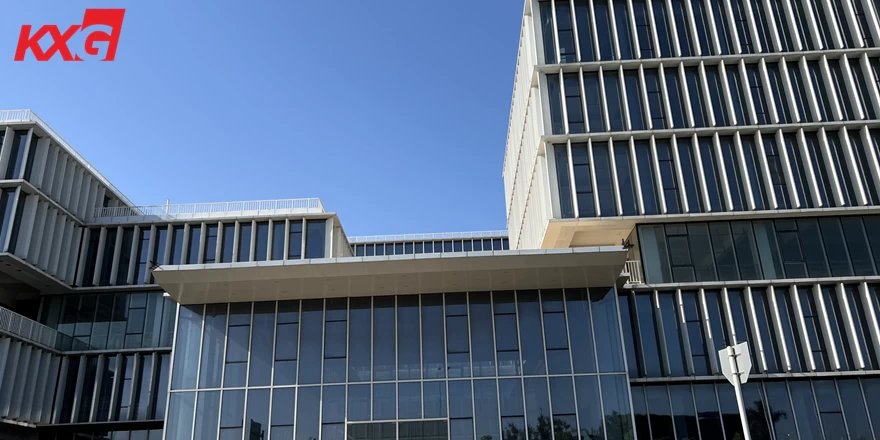
1. Analysis of the reasons for the rise of dew point
The dew point of insulating glass refers to the temperature at which the humidity of the air sealed in the air layer reaches a saturated state. Below this temperature,water vapor in the air layer condenses into liquid water.It can be inferred: the higher the water content,the higher the dew point temperature of the air.When the inner surface temperature of the glass is lower than the dew point of the air in the air layer,the moisture in the air will condense or frost on the inner surface of the glass.
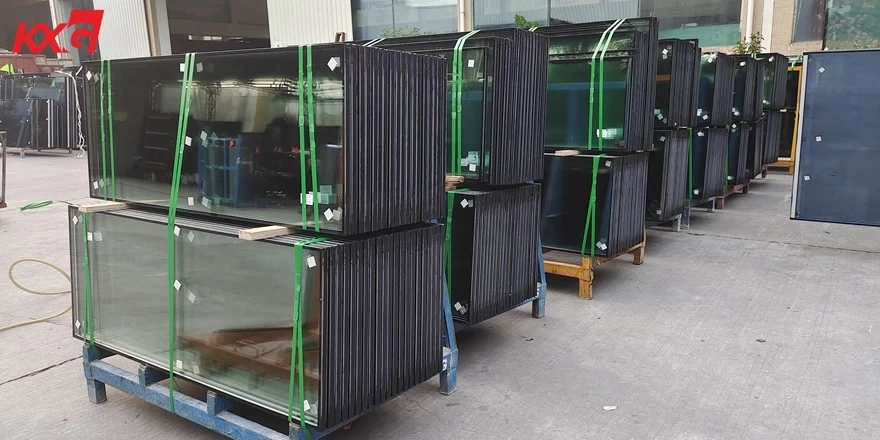
The dew point rise in insulating glass is caused by outside moisture entering the air layer without being absorbed by the desiccant. There are three possible reasons for the dew point rise:The first is the presence of air bubbles in the sealant,which causes air moisture to enter.The second is that moisture enters into the air layer through polymer diffusion.The third is the low effective adsorption capacity of the desiccant.
2. Insulating glass dew point control measures
(1) The production environment mainly affects the adsorption capacity and residual adsorption capacity,and the temperature of the production environment should be strictly controlled.
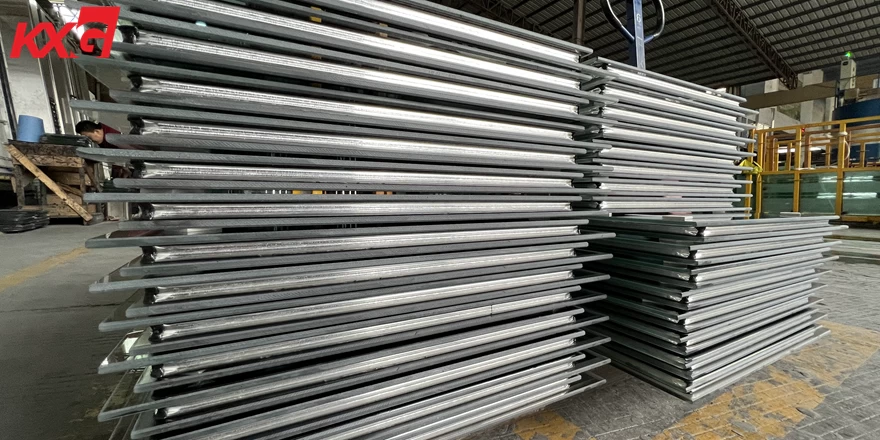
(2) To reduce the diffusion of water through the polymer,mainly by selecting a sealant with a low permeability coefficient,determining a reasonable sealing thickness,and reducing the temperature difference between the inside and outside of the insulating glass (that is,controlling the production within a certain temperature range without making the temperature range too large)
(3) Reduce the production process time,minimize the contact time of the desiccant with the atmosphere,reduce the loss of adsorption capacity and make the desiccant have a higher adsorption capacity.
(4) Select suitable aluminum profiles with small air-conducting slits of fine holes to reduce the water absorption of molecular sieve during operation.
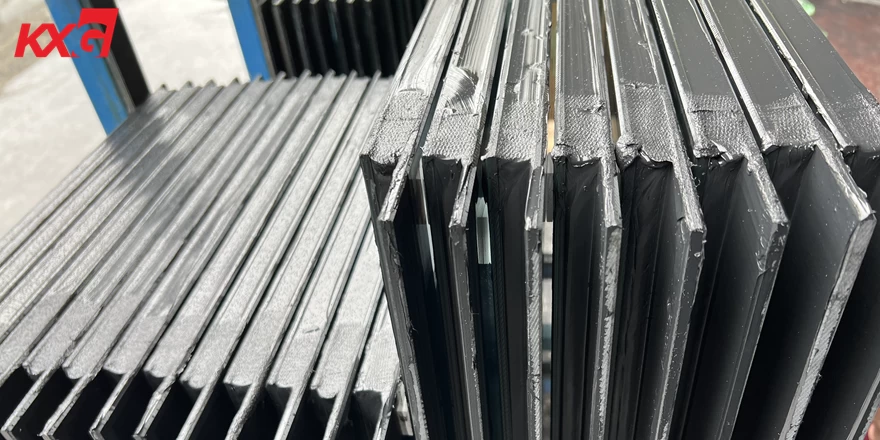
(5) Choose a suitable desiccant,and choose a desiccant with a high adsorption rate and long-lasting.
Please feel free to contact us with you need glass or other questions.

